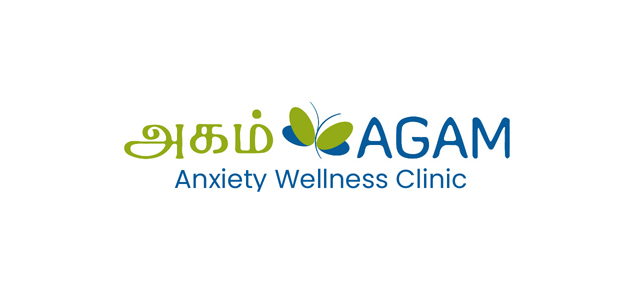Symptoms of Generalized Anxiety Disorder
Anxiety and worry are normal emotional/cognitive states that commonly occur when people are under stress. At optimal levels, anxiety and worry may help to direct problem solving efforts, focus attention adaptively and increase alertness. Normal anxiety and worry are usually sufficiently self-regulated that they do not interfere with functioning or cause marked distress. In generalized anxiety disorder, the anxiety or worry is excessive, persistent and intense, and may have a significant negative impact on functioning. Marked symptoms of generalized anxiety are required for diagnosis, manifested in either : general apprehensiveness that is not restricted to any particular environmental circumstance (i.e. “free-floating anxiety”) or excessive worry (apprehensive expectation) about negative events occurring in several different aspects of everyday life (e.g. work, finances, health, family). Anxiety and general apprehensiveness or worry are accompanied by additional characteristic symptoms, such as: muscle tension or motor restlessness; sympathetic autonomic overactivity as evidenced by frequent gastrointestinal symptoms such as nausea and/or abdominal distress, heart palpitations, sweating, trembling, shaking and/or dry mouth; subjective experience of nervousness, restlessness or being “on edge”; difficulty concentrating; irritability; sleep disturbances (difficulty falling or staying asleep, or restless, unsatisfying sleep). The symptoms are not transient and persist for at least several months, for more days than not. The symptoms result in significant distress about experiencing persistent anxiety symptoms or significant impairment in personal, family, social, educational, occupational or other important areas of functioning. If functioning is maintained, it is only through significant additional effort. +91 95003 28282 anxietywellness@gmail.com +91 95003 28282 Phone-alt Whatsapp Envelope Copyright © 2024 | anxietywellness.in

